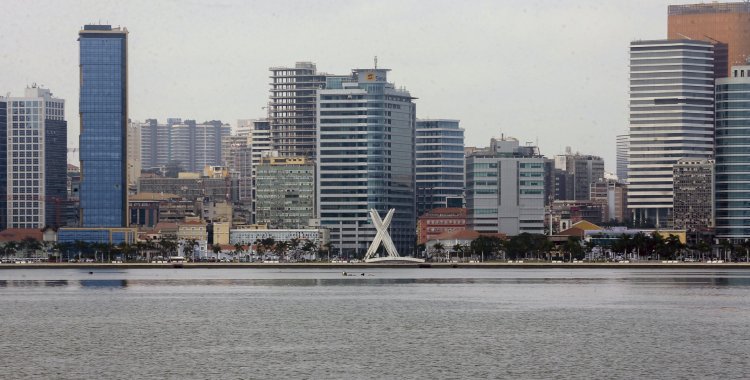Speaking to Lusa, the also professor at the Catholic University of Angola estimated that economic growth will not be inclusive, as it will be based mainly on the oil sector, which, despite being capital intensive, generates little income for the most disadvantaged class.
Agriculture and trade, sectors with a high level of employability, have low levels of productivity and wages.
In his perspective, noted the economist, the unemployment rate, this year, should remain above 30 percent, and more than 700,000 people should enter the job market.
The researcher and collaborator at the Center for Studies and Scientific Research said, however, that despite the prospects for economic growth, he does not expect to be able to absorb the high need for job offers.
Wilson Chimoco stresses that, if the unemployment rate is hypothetically set below 30 percent, this should be justified by the reduction in the number of people looking for a job, as they lose hope.
As for the prospects for the kwanza, the economist said that the exchange rate is highly conditioned, either by the evolution of oil prices, or by the monetary policy of the National Bank of Angola (BNA), as well as the cost of living in Portugal.
The academic also highlights that the indications point to the average price of oil to be set close to 80 dollars a barrel, "a level that guarantees balance in the external accounts". However, he added: "A reduction below that price could pressure the exchange rate to close to 550 kwanzas per dollar".
"On the other hand, there are indications that the BNA should continue to maintain the restrictive monetary policy, to guarantee the inflation rate of 11.1 percent foreseen in the OGE [General State Budget], while price levels in the Euro zone will continue to increase, which, on the one hand, increases the current invisible transfer needs of expatriates and Angolans who have families in the [European] bloc and, on the other hand, makes products imported from the Euro zone more expensive", he pointed out.
"And of course, the combination of these three factors points to a destabilization of the kwanza, with a tendency towards depreciation", he underlined.
In a look at Propriv, the government's privatization programme, Wilson Chimoco considered that "the political objectives are being met rather than the economic ones".
"Just look at the entities that win the tenders. The way in which, in general, the assets are being sold below the initial value foreseen by the State. And the reduced capacity of the State to collect revenues with privatizations, at the same time that to the creation of an unemployment pool with the process - see the case of workers in the Luanda-Bengo Economic Zone and the Bank of Commerce and Industry", he said.
According to the analyst, "they are trying to create a new elite in the country and Propriv has served this role well. boost the new segment in the capital market, with little added value for shareholders, Sonangol and Endiama".







